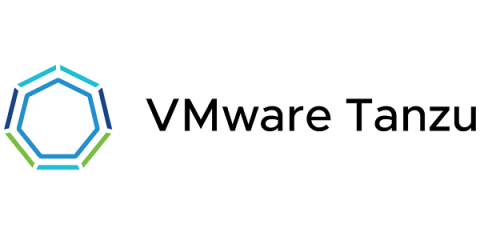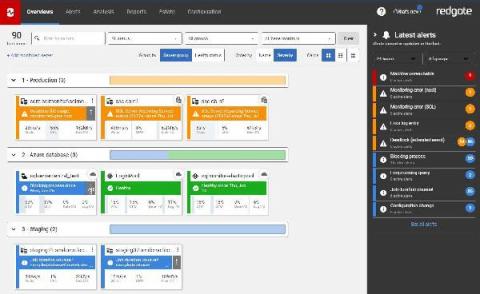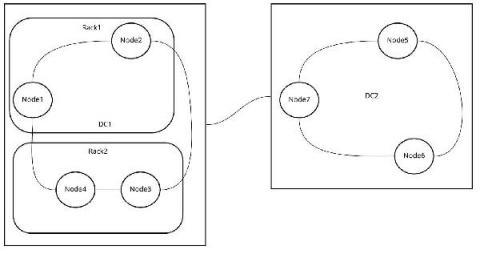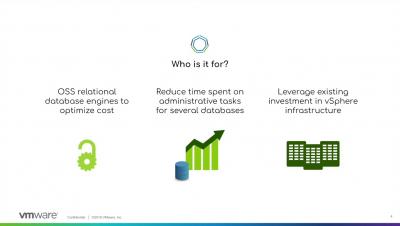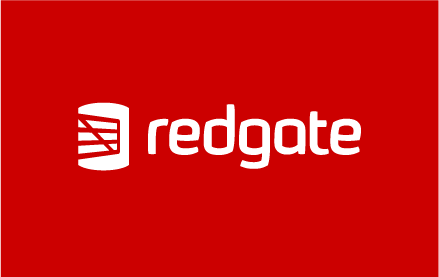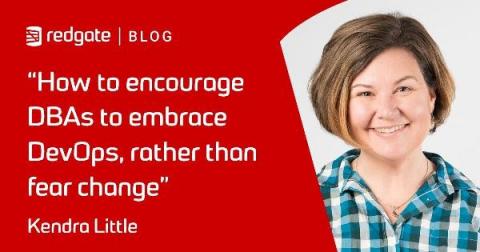SQL Made Simple for vSphere-powered Data Centers
Today we’re announcing a new feature of VMware Tanzu SQL called Data Management for VMware Tanzu. It offers a convenient user interface that simplifies the operation, automation, and scalability of Tanzu SQL databases (Postgres and MySQL); this same convenience is also available from a comprehensive set of APIs.


